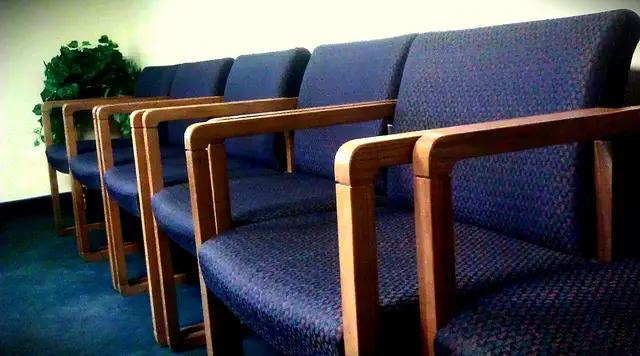This in from the IW NHS in their own words. Ed
In common with the mainland health and care services on the Island are facing significant New Year pressures and challenges.
The situation is down to number of reasons, but is mainly due to bed capacity in the hospital and in the community.
We have a number of individuals who are medically fit but who can’t move out of the hospital for a number of reasons.
What are we doing about it?
The Trust is continuing to work with the Isle of Wight Clinical Commissioning Group (CCG), the local authority’s social service teams and the Island’s nursing and residential care homes to ensure those ready to leave hospital can be found appropriate placements.
We are very grateful for the support of our NHS workforce, partners and colleagues, including Age UK IW and the British Red Cross who have continued to help us ensure that patients who are medically fit can be allowed back home.
This has included making sure those patients’ homes have the necessary equipment so that they can be safe in their own environments.
Islanders can help the Island’s care services by only using health services when appropriate.
Where to get advice for non life-threatening cases
Hospital, Ambulance and Community services are extremely busy and need to be able to ensure they can attend to those people with more serious conditions in a timely manner.
If you need medical help fast, but it’s not a 999 emergency, the NHS 111 service based at St Mary’s Hospital is able to advise and direct you to the service which can help. You can telephone 111, 24 hours a day, 365 days a year. The NHS Choices website is also available around the clock at www.nhs.uk.
The Emergency Department at St. Mary’s Hospital and 999 are for life-threatening emergencies, such as:
- loss of consciousness
- acute confused state and fits that are not stopping
- persistent, severe chest pain
- breathing difficulties
- severe bleeding that cannot be stopped
- If you have been referred by your GP for urgent assessment
People are encouraged to take more care with their health where possible by either asking their local pharmacy staff for advice, looking for advice on line (www.nhs.uk) or self-treating using some basic medicine cabinet essentials. Information about local health services is available at our Website.
Advice for older people
We are advising elderly people:
- If you’re feeling under the weather, get help as soon as possible. See your local pharmacist or get advice from here
- Speak to your friends, family or carer if you are feeling under the weather. They can help you to get advice from your local pharmacist or from www.nhs.uk/staywell.
- If you have a bad cough, trouble breathing, a cold or sore throat, tell your friends, family or carer before it gets worse. The earlier, the better.
- Getting advice from your local pharmacist or by visiting www.nhs.uk/staywell early may help prevent your bad cough, trouble breathing, cold, or sore throat from getting worse. The earlier, the better.
- Local pharmacists provide expert advice to help you manage your long-term condition or can even help you if you have a bad cough, trouble breathing, a cold or sore throat. They have longer opening hours than GP practices, and most have a private consultation area. They’ll also tell you if they think you should see a doctor.
Friends, families and carers
We are advising the friends, families and carers of older people:
- If you are visiting or caring for an elderly relative or friend who is unwell, get advice from www.nhs.uk/staywell or see your local pharmacist to help manage their care. The earlier, the better.
- If you know of an elderly relative or friend who has a bad cough, trouble breathing, a cold or sore throat, get advice from www.nhs.uk/staywell or see your local pharmacist before it gets worse. The earlier, the better.
- If you’re feeling under the weather, get help as soon as possible. Get advice from www.nhs.uk/staywell or see your local pharmacist.
- Local pharmacists provide expert advice to help you manage your long-term condition or can even help you if you have a bad cough, trouble breathing, a cold or sore throat. They have longer opening hours than GP practices, and most have a private consultation area. They’ll also tell you if they think you should see a doctor.
Image: christinawelsh under CC BY 2.0





